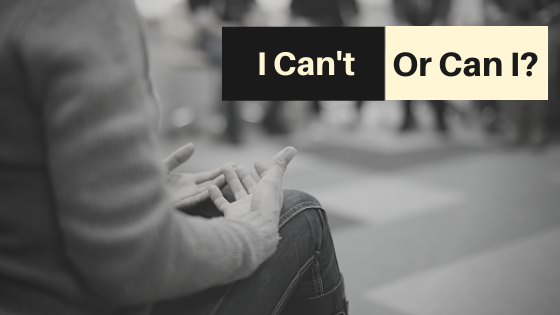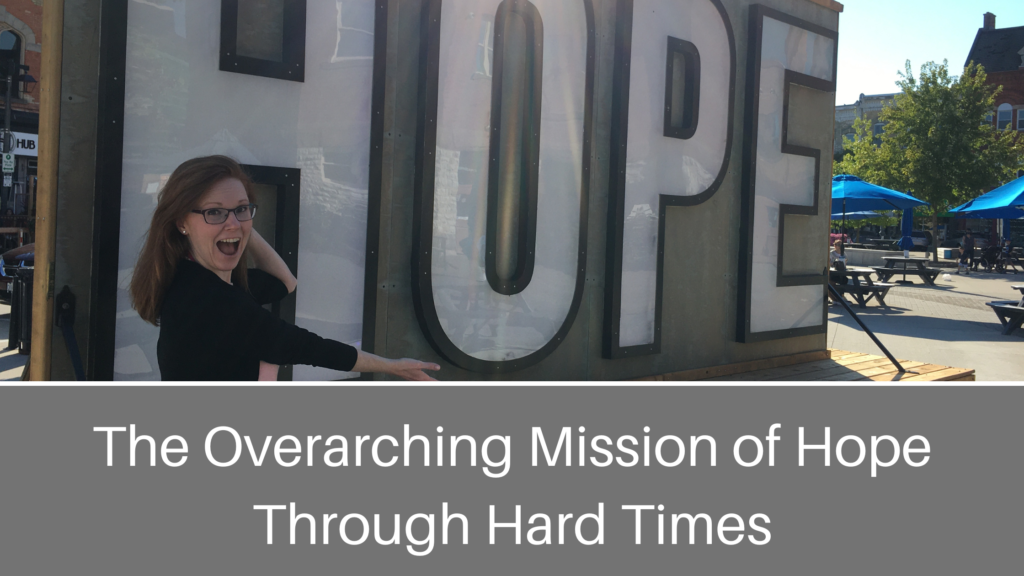About a year to a year and a half after my accident, I found myself stuck in a pattern of saying no to everything. I was down on myself and frustrated about all the things I couldn’t do. I had started back to work part-time, as my short-term sick leave had run out. I was going to a concussion therapy program. Usually, I was so wiped by the end of the work day that I didn’t have any energy left to do anything else. I had fallen into a pattern of saying no but wasn’t aware of how much it was affecting me.

I was sitting in a group session during therapy and listening to everyone else around me. We all gave the same answers; “I can’t do this…I’m scared of even thinking about trying that”. All of the reasons they shared were legitimate answers. But I noticed that some of them were more excuses that we were hiding behind. The fear of trying new things, and possibly facing symptoms because of it, were leaving us crippled from moving forward. It was harder to adjust back into a bit more normalcy of life.
How do we change this pattern? We had all started making some strides of improvement, even if small. How do we take that progress we were seeing in our therapy and add it into regular day life?
I found the key was to start implementing baby steps. Everything you do after a concussion needs to be done in small strides. You’ve got to try something and then stop when you start to notice symptoms. Don’t stop necessarily at the first signs of symptoms or you’ll never move forward. You have to learn where the tipping scale is for you. For instance, allow yourself to keep going at the first sign of brain squeezing (level one). But, when you feel it progressing to a level three, then stop.

We need to exercise our brains just like you would a muscle. If we always stopped at level one of symptoms, we would never get better because we aren’t challenging our brain to work harder. However, on the other side of that, if we constantly push ourselves too much, we’ll never let our brains adapt. This will delay and hinder any progress.
I know it’s frustrating to find that sweet spot, especially if you’re a person with delayed onset of symptoms, but do the best you can. In this case, try setting a timer and do a task for five minutes. If it doesn’t affect you in an hour or the next day, try it for seven minutes the next time. Continue this process until you are satisfied that it is safe to enjoy your activity for a decent amount of time.
Everything is a balance. You have to give yourself grace and patience. Unfortunately, life is different now and much slower than it used to be, but that’s okay. Enjoy each day and celebrate each victory! You will make it!




